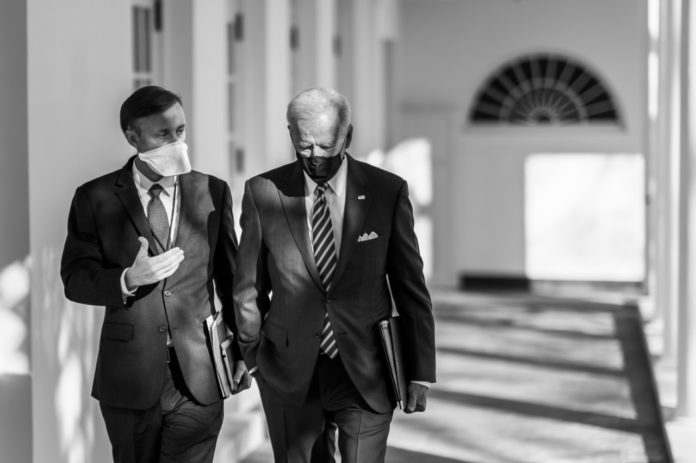This article was originally published by The Korean Herald.
One critical precondition would be to reduce inter-Korean conventional tensions.
Seoul has stressed time and again that its approach to North Korean issues are in sync with that of the US, but the allies appear far apart on Moon Jae-in administration’s latest play — declaring the end of the Korean War.
The Biden administration essentially prefers to discuss an end of war declaration as a part of a broad and comprehensive process toward complete denuclearization and permanent peacebuilding on the Korean Peninsula.
Washington also wants to see upfront steps toward denuclearization from Pyongyang.
Mistrust stemming from Pyongyang’s repeated failure to implement agreements makes the Biden administration reluctant to issue an end-of-war declaration without any reciprocal measures by North Korea.
What are the US’ preferences on sequence, timing and preconditions?
Timing: When conditions are more opportune
Washington and Seoul are in agreement that that an end-of-war declaration could be used as a means to achieve the end goal, complete denuclearization and permanent peacebuilding on the Korean Peninsula.
However, the process preferred by the US differs from that of Seoul, as admitted by US national security advisor Jake Sullivan in October.
The Moon Jae-in government wants to use an end-of-war declaration as a diplomatic vehicle to bring North Korea back to the negotiating table.
The Biden administration, however, sees the current circumstances to be inappropriate for such a move.
“The US still wants to see signs that North Korea is serious about peace and denuclearization. At the very least, there should be some assurance that North Korea has ceased expanding its nuclear program, and a process in place to reduce hostilities,” Andrew Yeo, SK-Korea Foundation Chair in Korea Studies at the Brookings Institution, told The Korea Herald.
Sequence: Parallel to denuclearization process
Unlike Seoul, which is pushing for a declaration-first-talks-later approach, the US appears to favor discussing the matter as part of a comprehensive negotiation package and to sequence a declaration with other steps toward the agreed end state.
“The US preference appears to be to link an end-of-war declaration to a broader process of denuclearization and peace-building with North Korea,” said Ankit Panda, a senior fellow at the Carnegie Endowment for International Peace.
This approach would be in line with the Biden administration’s repeated emphasis on their commitment to the framework laid out in the US-North Korea Joint Statement signed at the Singapore Summit in June 2018.
Washington and Pyongyang agree on peacebuilding on the Korean peninsula in the four-point statement, which also includes North Korea’s commitment to work toward complete denuclearization of the Korean Peninsula.
This is the second of a three-part series on Washington’s view of an end-of-war declaration.
Ji Da-gyum is a reporter for The Korean Herald.
To read more, please click here.


